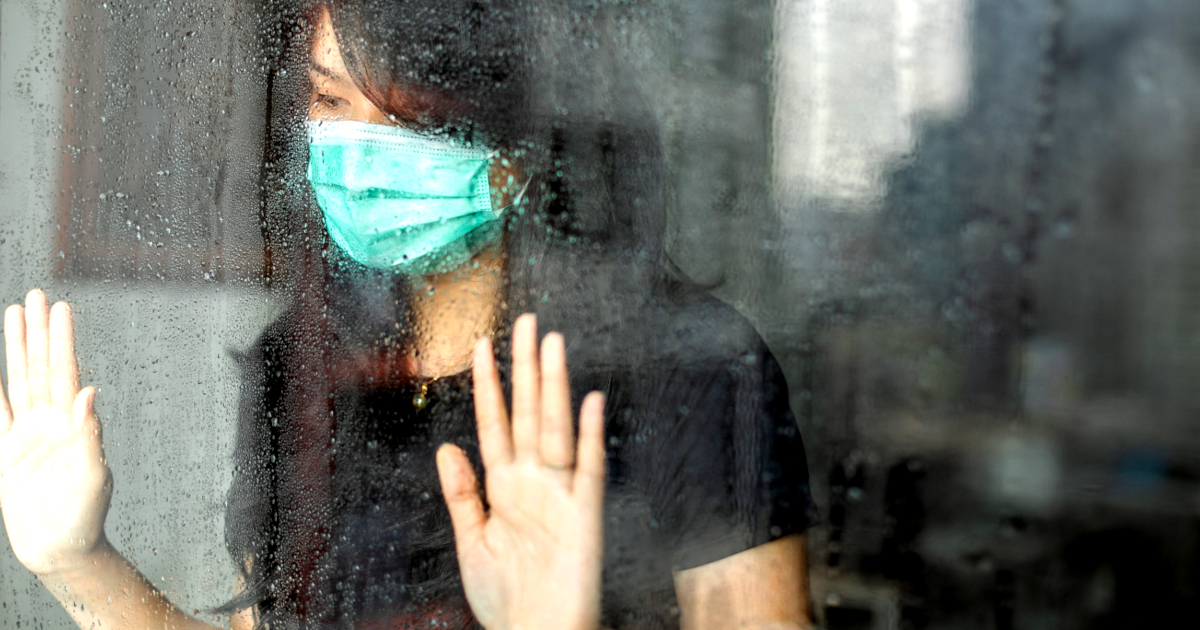
Misconceptions and myths about depression still run rampant, resulting in a lot of stigma against people suffering from depression. Many people continue being convinced that it’s not real illness, that it’s just sadness you can shake off easily.
Unfortunately, depression is far from just sadness or a character flaw. It is a clinically-recognised mental health disorder that has genetic, biological, psychological and a social context. If you don’t know what the difference between sadness and depression is, the following guide will highlight some of the essential facts.
Why Depression Is More Than Just Sadness
Sadness is something everyone experience. It is a normal human emotion and a response to certain events and occurrences in life.
Sadness, however, doesn’t just pop up on its own. The emotion is considered normal whenever it’s being triggered in response to something. Whenever that challenging, difficult, hurtful or confusing moment ends, sadness is also likely to disappear.
Depression, on the other hand, is an abnormal emotional state that in many cases cause long-lasting feelings of sadness in about almost every part of the person’s life. It is debilitating, affecting a lot more than emotions. Depression can wreak havoc in one’s thinking, perception, behaviours and even ability to function in everyday situations.
Very often, depression isn’t triggered by a challenging or disheartening situation. Many who experience depression cannot identify a specific trigger that led to their all-encompassing sadness. When you look at the life of a depressed person, on the surfaces you’ll probably find out that everything looks fine. They may have a good job, a loving family and a ton of success. Some may even think they are living a happy life, considering how many of them hide it behind a smile. Underneath the surface, however, depression is eating away at their emotional wellbeing.
This absence of a trigger or a “normal” response to everyday events is the main reason why people suffering from clinical depression cannot just snap out of it and move on with their lives. Such misunderstandings of depression can be highly damaging, preventing those suffering from seeking an adequate treatment.
Fundamentally Different in More Than One Way
Sadness and depression are fundamentally different and not just because one is a normal emotion and the other is a mental health condition.
There’s one other very important distinction that has to be made.
Sadness as an emotion is subjective.
This is a personal experience. When one person says they’re sad, they are not necessarily experiencing the exact same thing as someone else. In addition, people get sad for different reasons that depend on their personality and their response to particular triggers in life.
Depression is anything but subjective.
Rather, it is a standardised and diagnosable mental health issue. There are specific, strict criteria that have to be met for a depression diagnosis to be produced. The diagnosis is dependent on both the specific symptoms and the duration of such experiences.
While sadness can change your mood and make you feel blue for a short period of time, clinical depression changes your entire life. From one’s appetite to one’s ability to fall asleep – depression will affect just about every aspect of existence.
Other Signs and Symptoms of Depression
Apart from causing profound, all-encompassing sadness for no apparent reason, depression is characterised by various other signs and symptoms.
Depression causes a lack of motivation and apathy. Depressive episodes could also be characterised by hopelessness, a complete loss of interest in activities that the person previously found enjoyable, unintentional weight loss or weight gain, insomnia, low energy levels, inability to concentrate and recurrent dark thoughts of death, including suicidal thoughts.
As per standard protocols, experiencing at least five of these symptoms for a period going beyond two weeks will classify the condition as a serious mental health problem.
In other words, a person suffering from depression will struggle to make it through an ordinary day. Apathy, low energy and dark thoughts will all work together to make even the smallest of efforts cumbersome and not really worth it.
Anyone who experiences sadness so deep that it interferes with their ability to function should seek medical assistance. Keep in mind that a person going through depression could be oblivious of their situation. In such instances, family members will have to step up and seek assistance from a qualifies therapist or psychologist in Singapore.
Treatment Is Available!
Depression is prevalent in Singapore, a nationwide study shows.
The lifetime prevalence of clinical depression is 6.3 per cent. This number makes it the second most common major mental health issue, followed by alcohol abuse and obsessive compulsive disorder (OCD).
While the prevalence of misconceptions about mental health problems is still fairly high, treatment options do exist and should be pursued actively.
Clinical depression can be controlled and overcome through the right intervention.
A treatment protocol depends on the specific personal experiences and could encompass medications, psychotherapy and counselling for a holistic approach aimed at delivering the best possible improvement in life quality.
Adelphi Psych Medicine Clinic is one of the Singaporean mental health facilities that have extensive experience in the treatment of depression. Our team of experienced psychologists and therapists has been offering depression sufferers assistance since 2015. We also involve loved ones in the process, making sure that depression patients have a supportive network of trusted individuals that can aid the recovery.
It’s never too late to seek help. Understand one simple thing – with the right help, you can work towards getting your life back to normal. There is no need to suffer in silence and lead an uphill battle every single day of your life. If you are experiencing relationship, work and social issues and you cannot perform basic tasks, the time has come to approach professionals.
Contact us to schedule an appointment today or learn more about clinical depression and what can be done about it. We are at your disposal from Monday to Saturday, 10am to 7pm.


